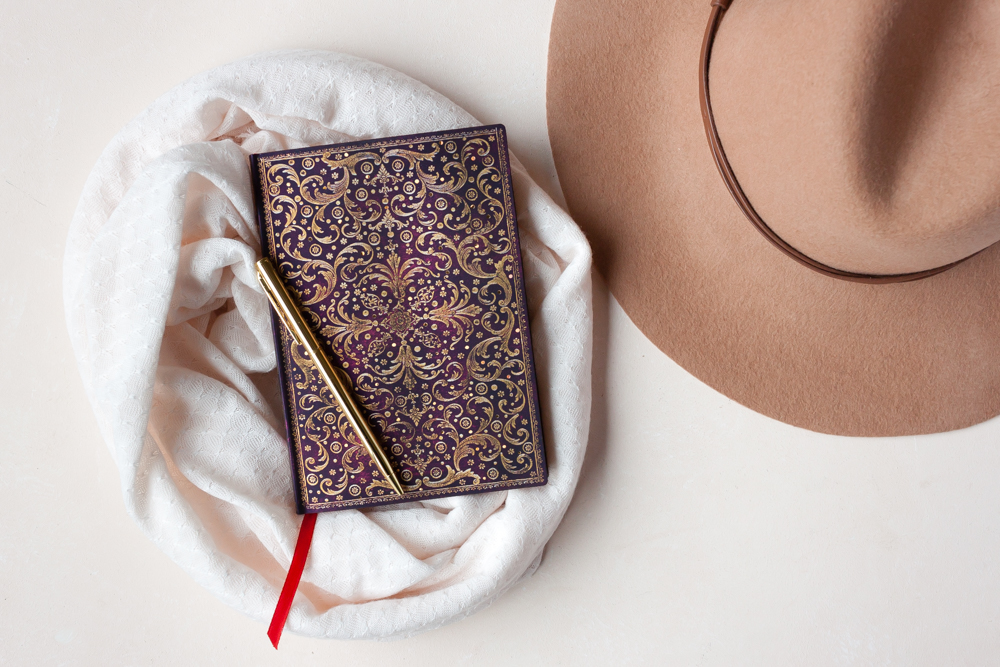“I never travel without my diary.
– Oscar Wilde
One should always have something sensational to read on the train.”
There’s no denying that journalling makes you feel good, and with the host of benefits attached to the practice, it’s no wonder that it’s long been the habit of world leaders and great thinkers. Writing down your thoughts can not only inspire you creatively but free up much-needed space for focusing on the other items on your ever-growing agenda.
Have you ever woken up in the middle of the night or been going about your day when you get a shock of a feeling that you have forgotten to do something gravely important? Well, journalling is here to help.

1) Make Time for What Is Important
Sometimes we can feel pulled in every direction; from the moment we wake up to the minute we fall asleep, technology can have a demand on our time without us realizing how much of our schedule it is taking. If your phone is the last thing you look at before you hit the pillow, swap that habit for a journal instead.
We’ve discussed the many types of journalling here on the Endpaper Blog, so you can explore what style of journalling works for you. Gratitude journalling can be enormously beneficial for bedtime as it shifts your focus to what you are thankful for. As well as redirecting your thoughts to a more positive mindset, the practice of writing in the evening slows down your heart rate and allows you to think clearly and plan for the day ahead.
This leads on nicely to the next point of forward-planning…
2) Plan Ahead
Journalling doesn’t have to be paragraphs upon paragraphs of thoughts and feelings. You may find that making lists has the biggest soothing effect when you’re feeling chaotic. The benefits to writing lists are never-ending, from increased focus to better memory. Writing down your tasks for the day, week or month allows you to focus and prioritize what needs to be completed, allowing less room for distraction and procrastination – the thieves of productivity.
3) Put Things In Perspective
Taking more time to organize your thoughts and schedule will help you prioritize what is important to you. As you continue with your journalling practice you will be able to look back and see patterns that you can learn from going forward. Reflecting in this way will put your life in perspective and teach you to manage your time better. It will not only allow you to be better focused on the things that matter but pave the way to a more organized and time-efficient you.






